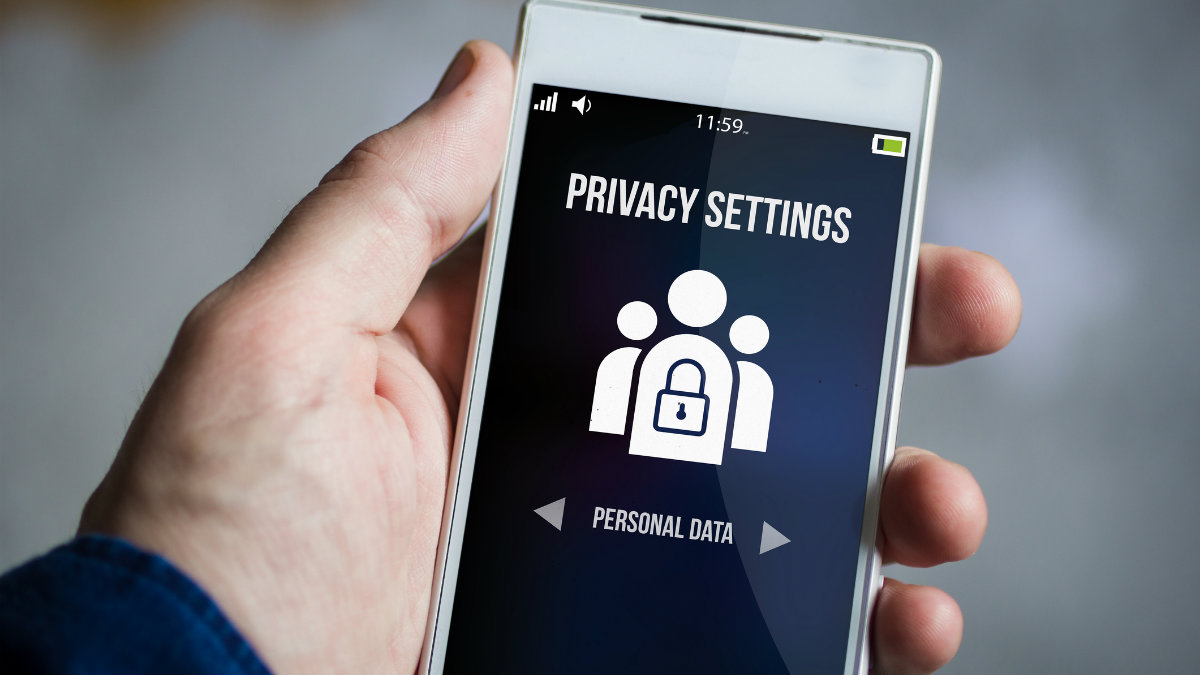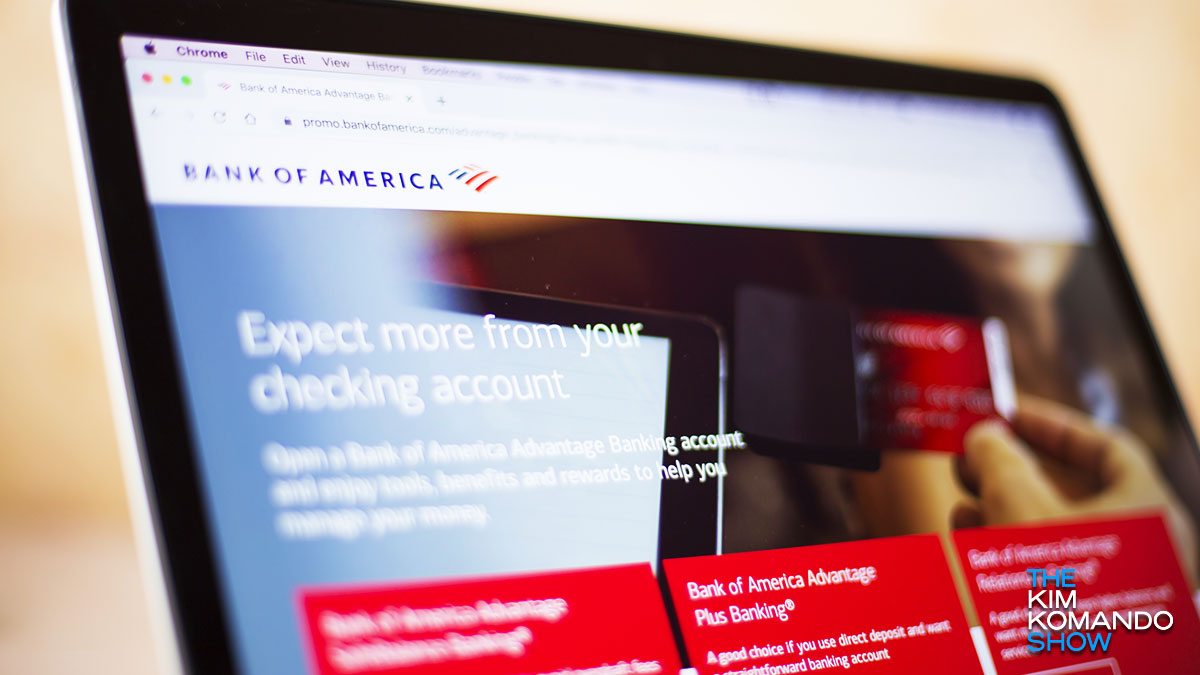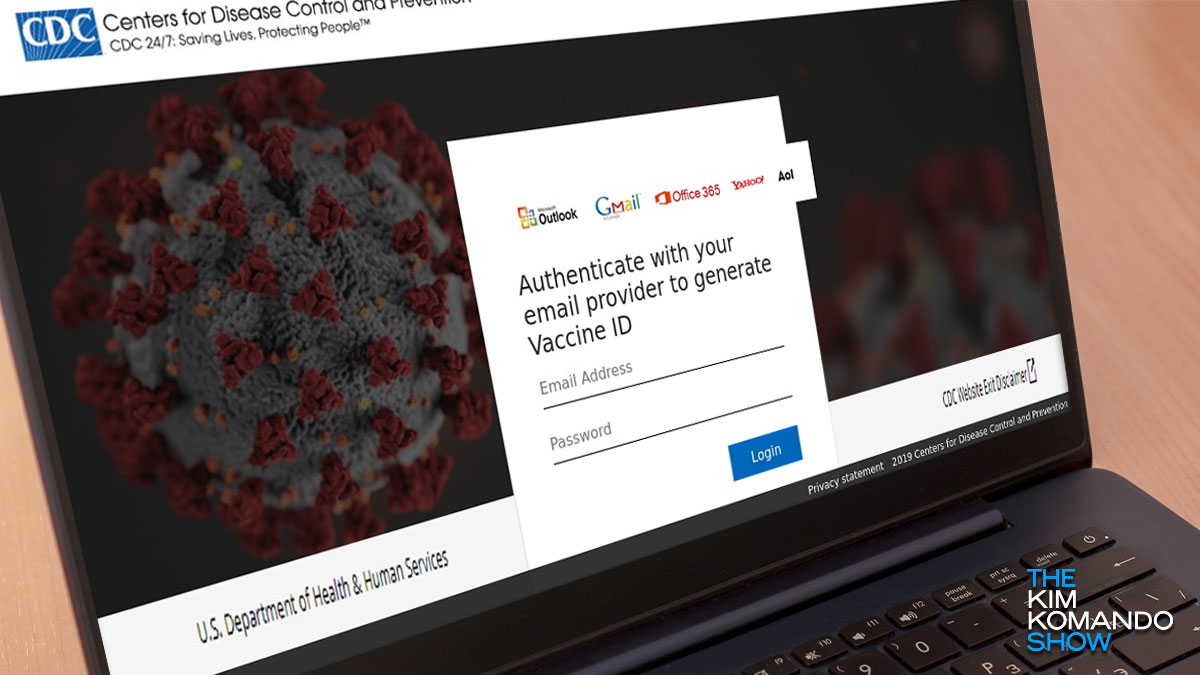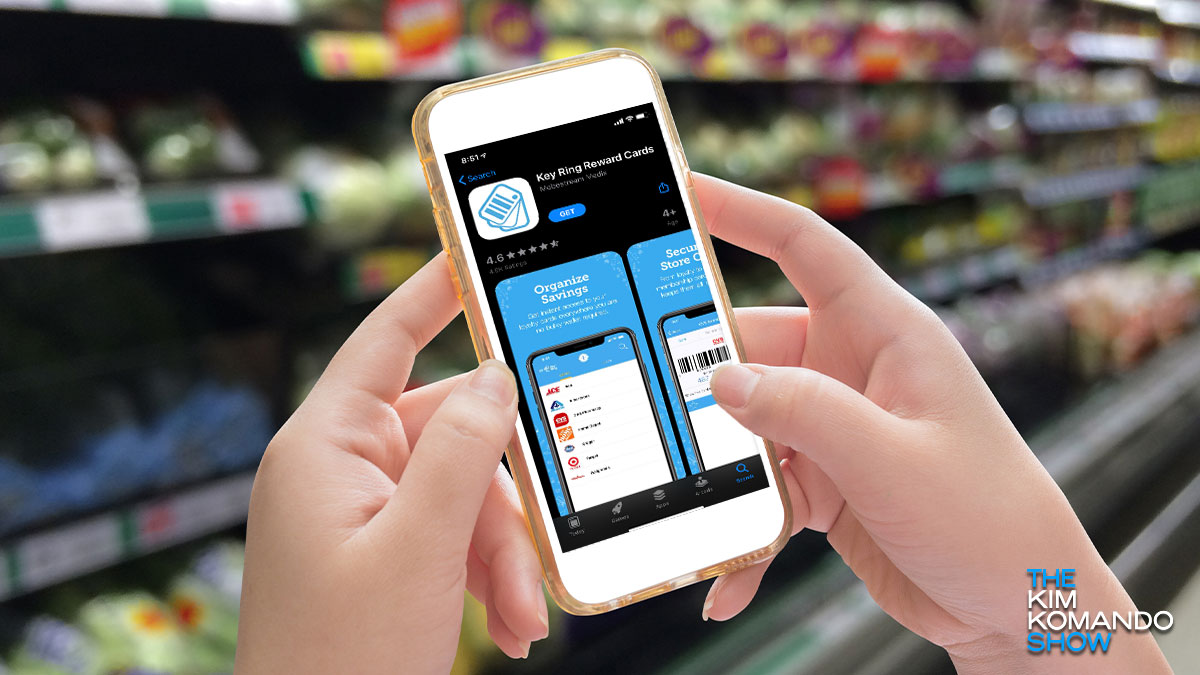Privacy-minded? 3 apps you need to download

Your privacy is at risk every time you are online. Hackers and snoops are constantly looking for personal information for a multitude of reasons and none of them are good. Identity theft, hijacked online accounts and draining bank accounts to name a few.
Then there are all the data breaches that potentially expose your account credentials along with personal data. Do you know if your information has been exposed in a data breach? Tap or click here to find out.
It’s not just cybercriminals breaching your privacy, either. Some websites log your data for targeted ads and sell your information directly to marketing agencies. Fortunately, there are apps to help you stay safe online. Read on to start better protecting your privacy today.
The best VPN to keep you secure
Whenever you use the internet, information about what device you’re using, where you’re using it from, and what you’re doing is accessible to third-parties. These include but aren’t limited to advertisers, your ISP, and governments.
RELATED: How to remove everything you’ve found about yourself from Google
A VPN secures your connection, making it impossible for identifying information to be accessed. This kind of application is just as important for your phone as it is for your computer.
When it comes to VPNs, we recommend our sponsor, ExpressVPN. It’s a virtual private network (VPN), that promotes a secure bridge between your device(s) and the internet. With 10 years of experience under its belt and results to back it up, it’s fair to say it has become one of the best and most trusted in the business. Tap or click here to find out how to set up ExpressVPN.
While connected to ExpressVPN, your data travels through an encrypted tunnel that is routed directly to its server. From here, it hops onto a lightning-fast superhighway and next stop: the World Wide Web. While in transit, it can’t be cut off, which means it blocks anyone from spying on you.
It comes with easy-to-use apps for every device under the sun — and in your pocket. Mac, Windows, Android, iOS, Linux, routers, and so much more. The ExpressVPN app is available for both iOS and Android. Check it out today and get your privacy back.
Zoom finally adds a security feature you need to use now

If any platform has been the MVP during quarantine, it’s Zoom. This service has been the go-to tool for video conferences and meetings for many people while working from home.
Still, while Zoom has skyrocketed in popularity in recent months, it’s also had its fair share of embarrassing security problems. Issues with Zoombombing, malware, and phishing scams have made users and businesses wary of the platform — and rightfully so. Nobody wants a hacker to access an important meeting and hurl racial epithets or profanity. It’s bad for business.
Beware! Text message delivery scams are back and sneakier than ever

Scammers are a creative bunch, aren’t they? When so much information and money is up for grabs on the internet, it’s only natural that the most clever and resourceful criminals will get away with the biggest score.
Whether they’re tricking users into thinking they owe back taxes or developing fake ransomware and sextortion emails, these cybercriminals truly put the “artist” in “con artist.” Tap or click here to see why you shouldn’t panic when you get a sextortion email.
Data breach alert: Banking app exposes 7.5 million users

As the year drags on data breaches continue to pile up. Even though most people have been indoors avoiding exposure to COVID-19, hackers have been hard at work pilfering data and selling it for profit on sketchy Dark Web marketplaces.
140 million hotel guest records exposed - see if your data is for sale

Las Vegas is home to some of the world’s most spectacular hotels and attractions, and staying on the Strip can sometimes fetch a hefty price. So what happens when a data breach hits one of these luxury destinations and spills the personal details of its high-rolling guests?
Beware: Scammers selling fake COVID-19 tests to steal info

It’s no exaggeration to say that the COVID-19 pandemic is a golden age for scammers. With so many people concerned about health, money and politics at once, con artists have found ample opportunity to cash in on the panic.
Contact tracing apps: 4 potential privacy issues you should know about

Apple and Google made headlines when they announced they’d be working together to bring contact tracing to smartphones all over the world. This practice, now in place in many countries, has been key to slowing the COVID-19 pandemic and preventing extensive community spread of the deadly virus.
Can you pass Google's new scam quiz?

According to the FTC, Americans have already lost more than $40 million dollars to COVID-19 related scams online. This staggering number, combined with a massive uptick in new phishing sites, shows just how desperate scammers are to financially punish you during these trying times.
Bank of America data breach - was your info exposed?

Of all the institutions that could be hit by a data breach, a bank is undoubtedly one of the worst. Not only are they finance hubs for millions of account-holders, but they also contain sensitive data like loan applications, Social Security numbers and taxpayer information.
Data breach alert: Unemployment applicants at risk for identity theft

COVID-19 may decimate the health of at-risk patients, but those of us who aren’t getting sick are still feeling the economic sting of the deadly virus. Since March, more than 30 million jobs have been lost in the U.S., leaving many Americans to rely on unemployment benefits to make ends meet.
Security alert: Crooks have a scary new tool to steal your data

This pandemic has not slowed down the horrendous behavior of cybercriminals. In fact, ruthless thieves have actually stepped up their activity and have even been caught incorporating coronavirus fears into their schemes.
73 million user records stolen from 10 companies - see the full list

It’s bad enough when a data breach strips the usernames and passwords from one platform, but what happens when 10 of them are hit all at once? You have a recipe for unchecked identity theft and compromise, that’s what!
Adult streaming website leaks 11 million emails and private chats

Keeping sensitive information secure is getting more difficult by the minute, especially during this pandemic. That’s because cybercriminals are constantly on the attack, adding high tech tools to their arsenal that help them spoof websites, create impressive phishing emails and hack into websites to steal data.
Are your logins secure? Use this password checker to find out

Is your password actually safe? The sheer number of data breaches and leaks have made it all too likely that your password is floating around somewhere on the internet — just waiting to be accessed by an ambitious hacker.
Read this warning before you share your old senior photos on Facebook

Let’s be honest: Being at home as much as we are can get pretty boring. This can eventually lead you down a path of bad decision making.
Now, some people are using their free time in productive ways, like making cloth face masks for family and friends. Tap or click here for a simple DIY no-sew mask project. It uses things you already have around the house.
App exposes 44 million user records: Driver's licenses, credit cards, medical info

Digital safety is what we’re all about here at Komando.com. That’s why we always recommend users back up their digital data and use secure apps to store important logins and membership info.
Unfortunately, not all apps are created equal. Some programs offer a plethora of useful features but they’re weak when it comes to cybersecurity. Tap or click to see how a home security camera app leaked millions of people’s personal data.
Top 10 internet crimes you need to know about

Even though it doesn’t physically hurt when you’re hit by cybercrime, that doesn’t mean you won’t feel the pain. Hackers and cybercriminals can easily ruin your bank account, take loans out in your name or destroy your reputation.
IRS warning: One thing you need to do to protect yourself this tax season

Sadly, dealing with online swindlers has become a way of life these days. That means you have to keep your guard up at all times or you’ll find yourself with the unenviable title of “victim.”
You might come across schemes that aren’t as dangerous as others, like-farming scams found on social media. Tap or click here to find out how a fake Costco coupon constantly shows up on Facebook.
Your Mac isn't as secure as you think - and hackers know it

Security risks have been around since the early days of the internet. Today, we have to watch for dangerous threats like ransomware, malware and spyware hiding around every corner.
We even told you about a nasty old-school virus making the rounds recently. Tap or click here to find out how to stop it from wiping out your files.
Did you get scammed by one of these ultra-convincing fake DMV websites?

Spoofing is one of the latest tricks scammers have up their sleeves, and they’re getting seriously good at it.
Spoofed phone numbers and websites that look exactly like the real thing are tricking people all over the country. A recent example was so effective it even drew the attention of the FBI. Tap or click here to find out what sparked this FBI alert.
